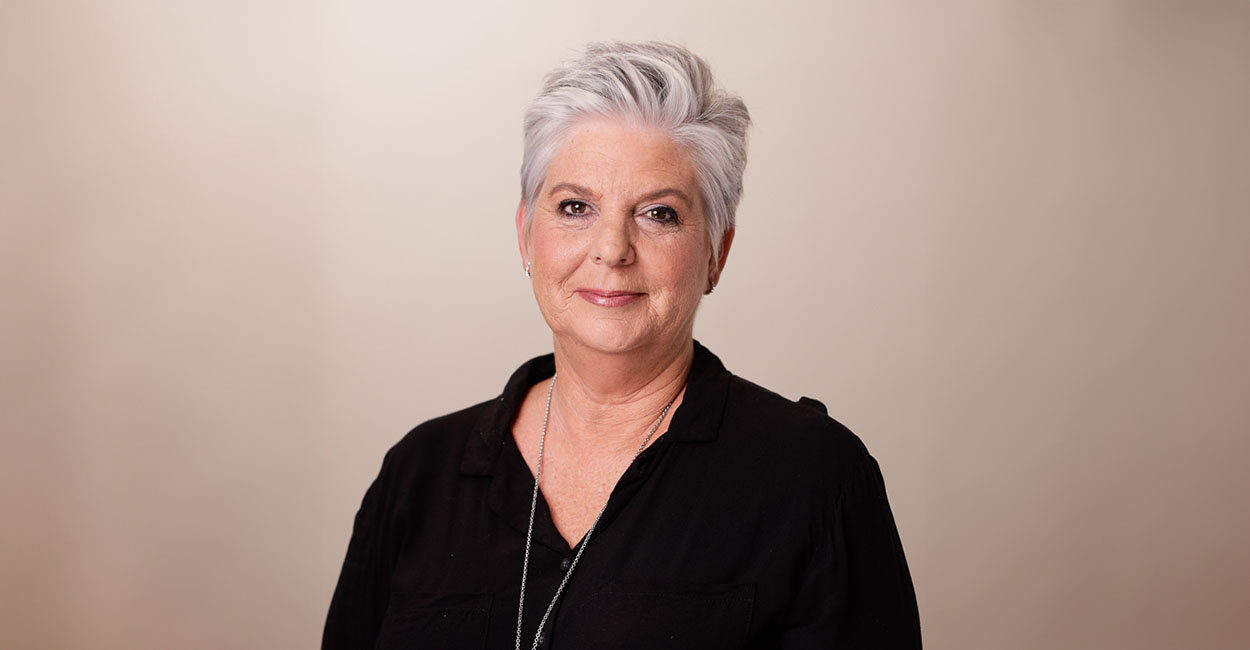MAIN IMAGE: Senior counsel George Kairinos from Advocates Group 21, Jan le Roux – CE of Rebosa, and José De Abreu – founder and managing partner at De Abreu & Cohen Inc
Editor
While some HOAs have stopped the practice of charging estate agents accreditation or marketing fees to operate within gated estates, many continue to do so, much to the frustration of agents who are legally not allowed to pay said fees, under fear of losing their FFCs.
“It is illegal for agents to engage in it, and to top it all off, it’s purely a money-making mechanism on the part of these HOAs and needs to come to a complete end”, says Jan le Roux, CE of Rebosa.
Several HOAs have recently decided to cease the practice, but it still abounds. Against this backdrop, Rebosa asked Senior Counsel George Kairinos from Advocates Group 21 for a legal opinion on the matter. This opinion has far-reaching implications.
What questions were asked?
Advocate Kairinos was tasked with examining five specific issues to provide a comprehensive legal opinion:
- Are HOAs subject to the provisions of the PPA, and are they required to comply with the provisions of the Act in general terms?
- The application of Regulation 35 (entitled Undesirable Business Practices) in the context of HOAs engaging in these practices.
- If an HOA’s conduct falls within the prohibited business practices laid out in Regulation 35, would it constitute an offence as defined in the PPA?
- If, by requiring an agent to pay fees, the HOA is, in fact, engaging in an unlawful act.
- Whether, to the extent that the conduct of an HOA falls within the prohibited business practices of Section 63 (1) and the foregoing regulations, the PPRA would, in principle, have the authority to take steps against such an HOA.
What does Section 36(1), Regulation 35 in the PPA refer to, a quick refresher:
The legalese follows, but Section 63(1) of the PPA states that arrangements in which an HOA, for example, receives money or another form of reward for providing an advantage to one agent over the other or excluding another agent are undesirable business practices.
Section 63(1) of the Property Practitioners Act, 22 of 2019, read with Regulation 35.1 provides that the Minister of Human Settlements declared the following business practices undesirable and therefore prohibited:-
- 35.1.1.2 “any arrangement in terms of which any party or person that directly or indirectly controls or manages any residential property development, including any body corporate or homeowners’ association (the managing organisation) –
- 35.1.1.3 receives money or any other reward in exchange for a benefit, advantage, or other forms of preferential treatment in respect of the marketing of properties in such property development;
- 35.1.1.6 effectively provides an advantage to any one property practitioner or group of property practitioners over and above any other property practitioners in providing services about properties in such property development; or
- 35.1.1.7 effectively excludes or disadvantages any property practitioner or group of property practitioners from being able to provide services about properties in such property development”.
What does the legal opinion say?
You can read the full opinion here with detailed explanations about the various regulations and legal interpretations Advocate Kairinos explored in formulating his opinion. For those less legally minded, herewith are his conclusions:
- Are HOAs subject to the provisions of the PPA, and are they required to comply with the provisions of the Act in general terms?
Kairinos’ finding: HOA are subject to the provisions of the PPA because they are property practitioners when engaging in such conduct and are subject to the prohibition in section 63 if they are engaging in the prohibited conduct.
José De Abreu – founder and managing partner at De Abreu & Cohen Inc – says that while he concurs with Kairinos “that an HOA, when engaging in the offending conduct, acts as a property practitioner as defined within the ambit of the Property Practitioners Act (“PPA”)” he concedes that this view may be open to some contestation and debate amongst legal practitioners”.
- The application of Regulation 35 (entitled Undesirable Business Practices) in the context of HOAs engaging in these practices.
Kairinos’ finding: Regulation 35 would apply to the offending activities of the HOA.
Here De Abreu believes the issue is far more clear cut, stating, “I am firmly of the view that even if HOAs are not “property practitioners as defined in the PPA, they are nonetheless subject to the provisions of regulation 35 and must comply with the prohibition of “undesirable business practices” as set out therein. Indeed, it would be nonsensical to argue that HOAs are not “property practitioners” while at the same time arguing that only property practitioners are subject to the prohibitions contained in Regulation 35, as some of the undesirable business practices prescribed in Regulation 35 expressly apply to and include “any body corporate or homeowners association” in terms of regulation 35.1.1.2.”
- If an HOA’s conduct falls within the prohibited business practices laid out in Regulation 35, would it constitute an offence as defined in the PPA?
Kairinos’ finding: The conduct of the HOA does not constitute an offence.
- If, by requiring an agent to pay fees, the HOA is, in fact, engaging in an unlawful act.
Kairinos’ finding: the conduct of the HOA in requiring payment from the estate agents is unlawful.
- Whether, to the extent that the conduct of an HOA falls within the prohibited business practices of Section 63 (1) and the foregoing regulations, the PPRA would, in principle, have the authority to take steps against such an HOA.
Kairinos’ finding: the Regulator would have authority in terms of section 26 to issue compliance notices and take the further steps provided for in Chapter 5.
“In my view, it is therefore clear that the conduct of HOAs who engage in the conduct which forms the subject matter of the legal opinion clearly contravenes the prohibitions set out in Regulation 35 and that in such circumstances, the PPRA not only has the authority to act against such HOAs but in fact is duty bound to do so, irrespective of whether HOA’s are “property practitioners’ in terms of the PPA or not.
In fact, it has always been my view that the quickest way for the PPRA to bring a halt to these offending practices by some HOAs is for the PPRA to take firm action directly against the HOAs in question in addition to any other action taken against the property practitioners who succumb to the commercial pressure applied by HOAs”, believes De Abreu.
“One wonders whether these HOAs will change their tune about effectively forcing agents to break the law once they are in the same boat in terms of facing action by the PPRA”, muses le Roux.
Will this opinion change anything?
“It’s been frustrating to see how the HOAs move the goalposts every year. For instance, in the first year, they said if we pay the accreditation fees, we will have more advantages, which clearly is not legal. The next year, they changed those to fees to admin fees. Regardless of what it’s called, it’s against the Act, and we are hopeful that this opinion will clear the way for change,” hopes Giel Viljoen, Principal Property Practitioner at Leapfrog Property Group Stellenbosch.
“Whether the senior counsel’s opinion obtained by Rebosa will have an effect or impact on these continued practices by HOAs will, in my view, depend on whether the PPRA takes direct action against HOAs including, if necessary, legal action to interdict such prohibited conduct. As far as I am aware, up to now, the PPRA has only taken action against property practitioners who co-operate with the HOAs and pay them the accreditation or similar fees. It is my hope, however, that the opinion obtained from the senior counsel by Rebosa will prompt the PPRA to take appropriate and firm action against the Home Owners Associations directly, as in my opinion, only such direct action is likely to bring a speedy and complete halt to these undesirable practices by the HOAs”, says De Abreu.
Le Roux shares that “Rebosa firmly believe these undesirable practices will only cease if everyone stops doing it. To this end, we urge the PPRA to immediately start taking action against offending HOAs with the same diligence it has shown in rooting out offending estate agents”.








